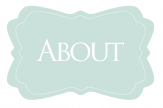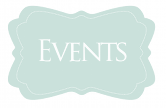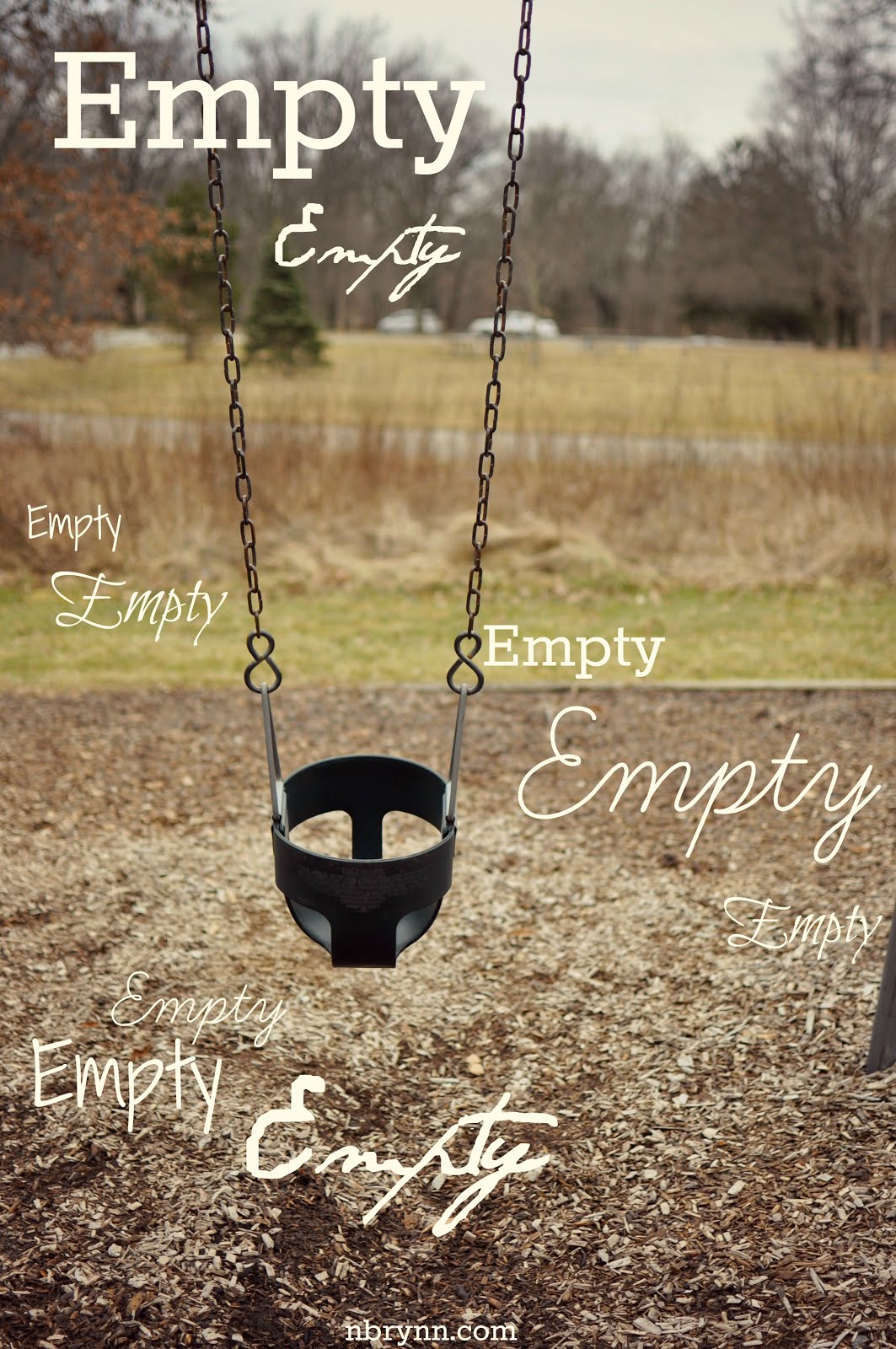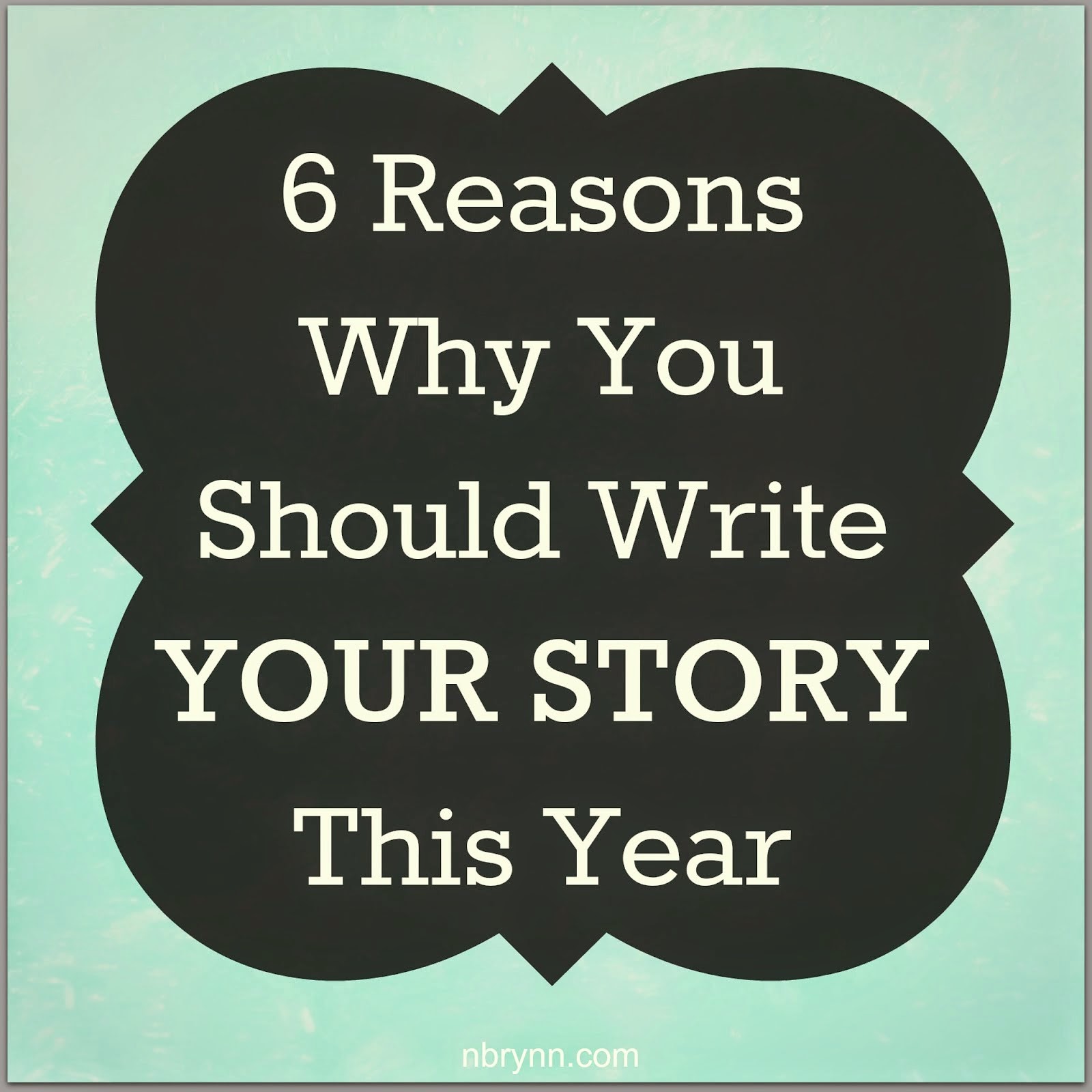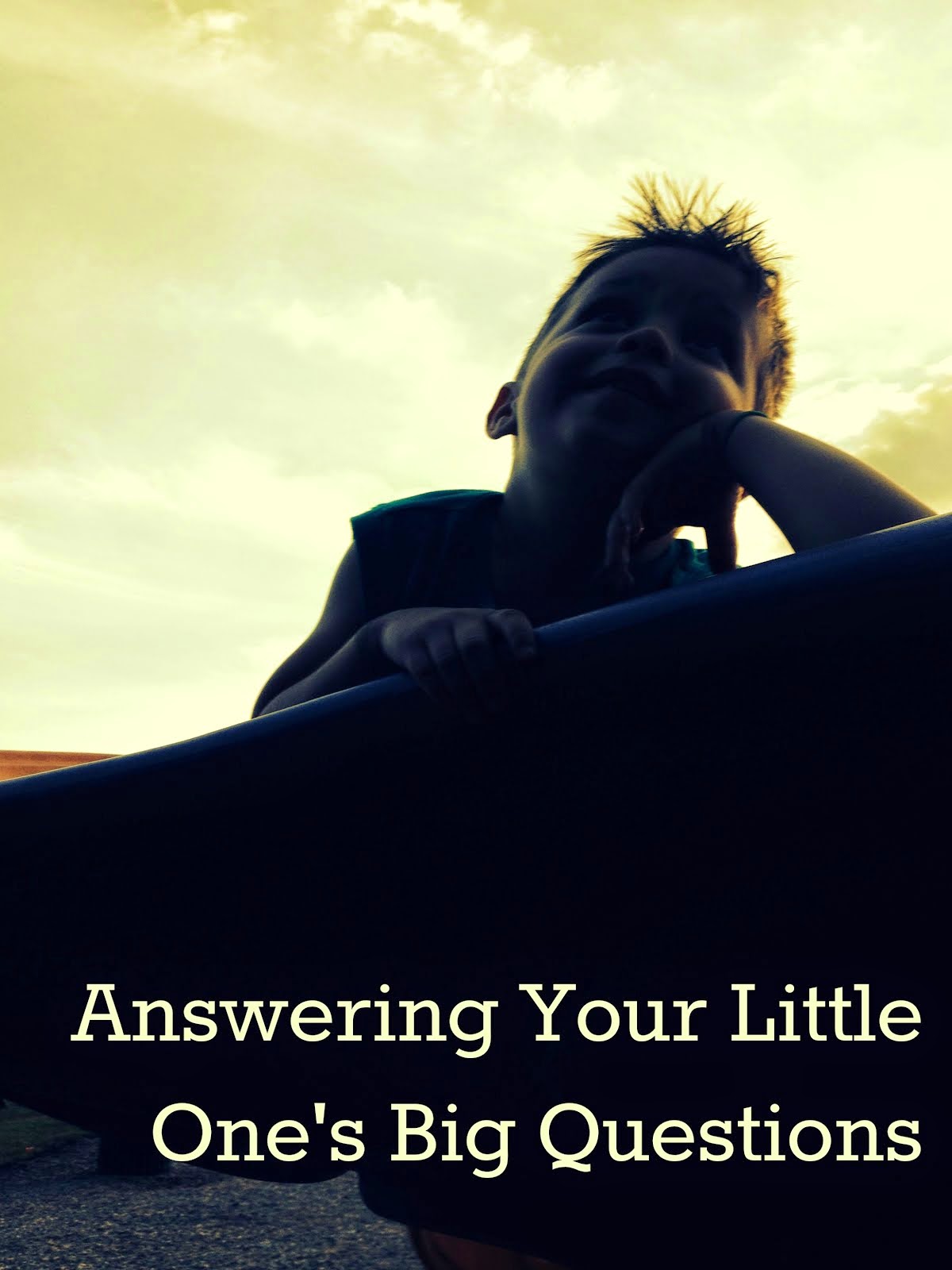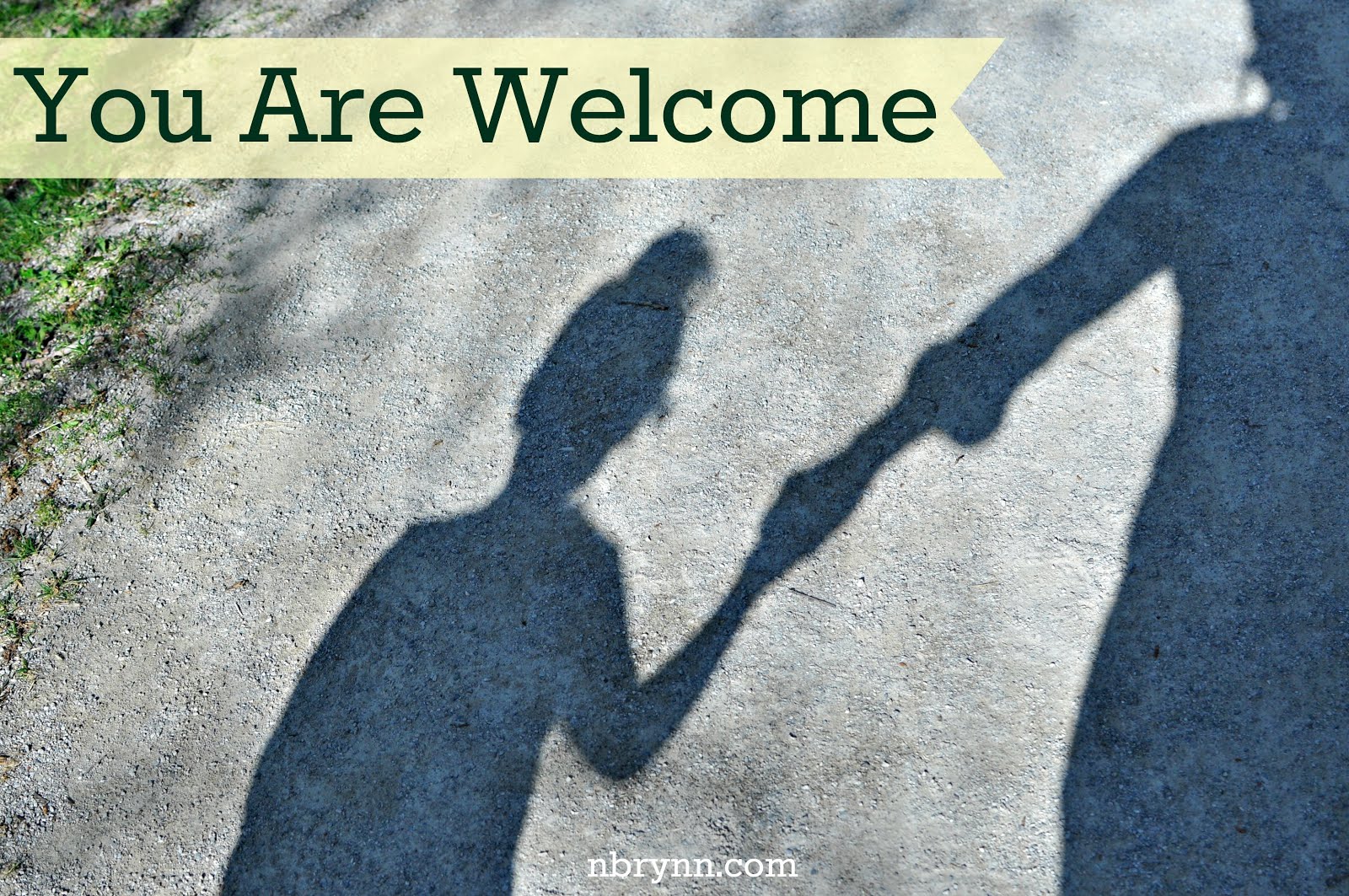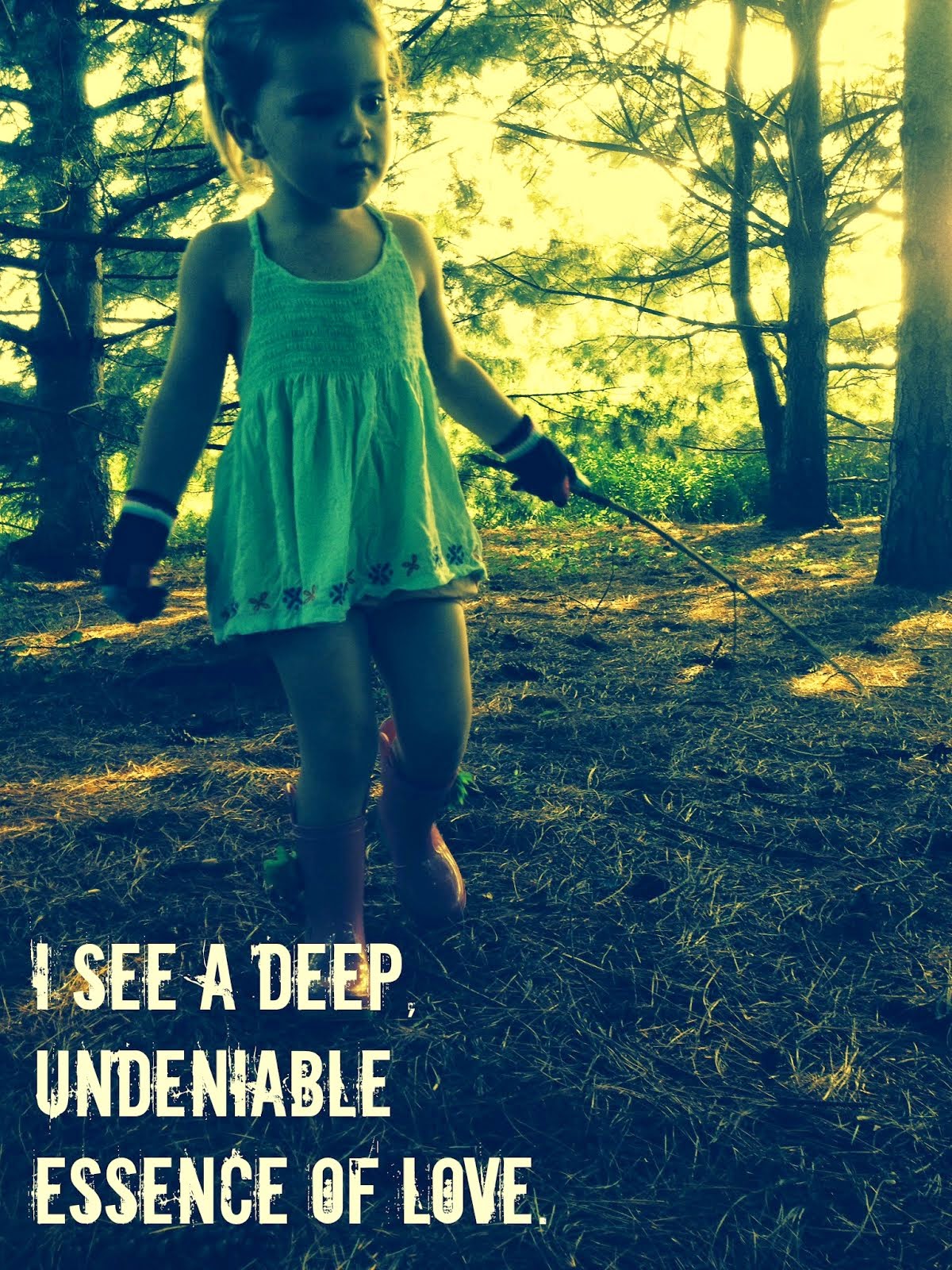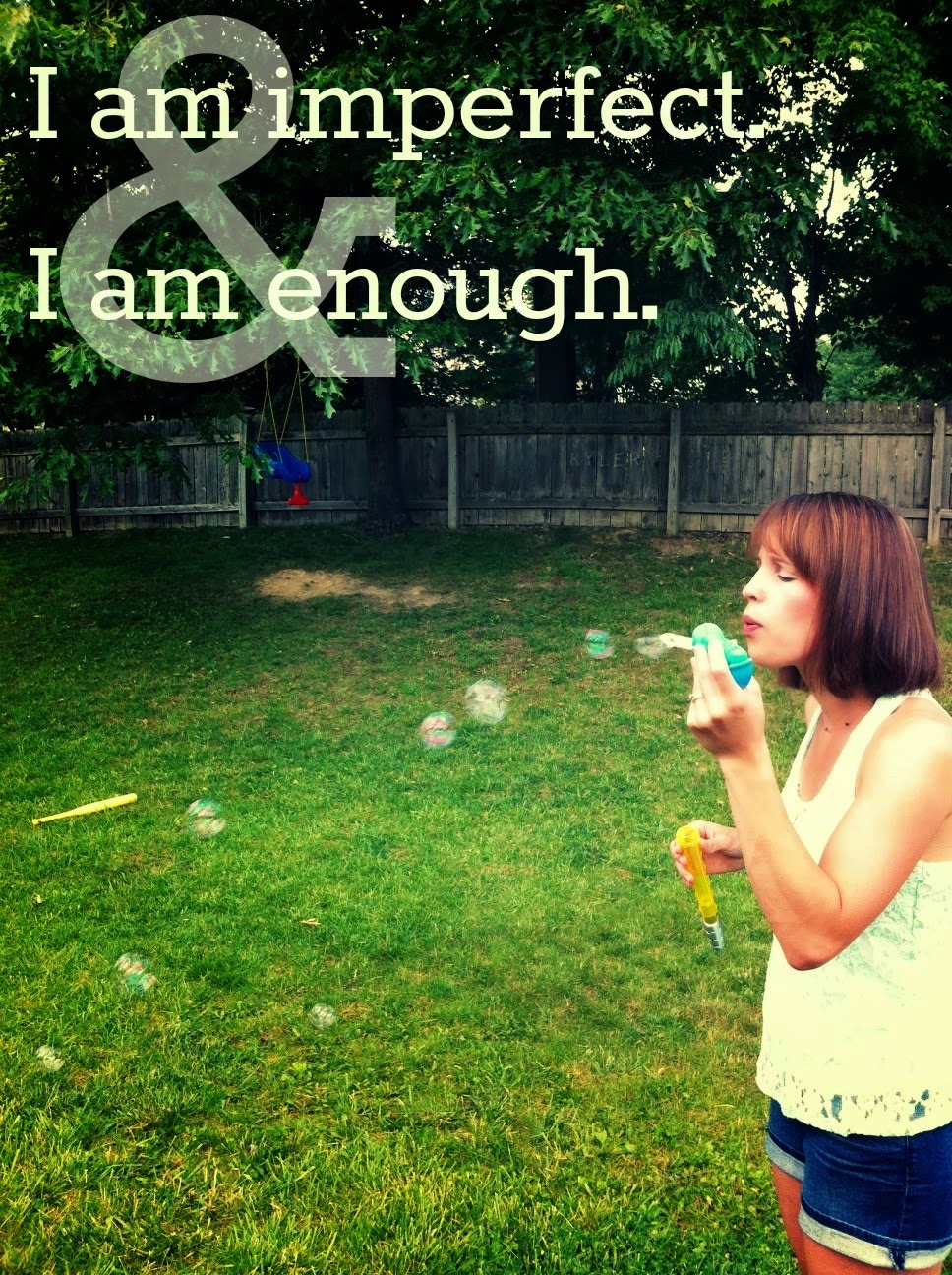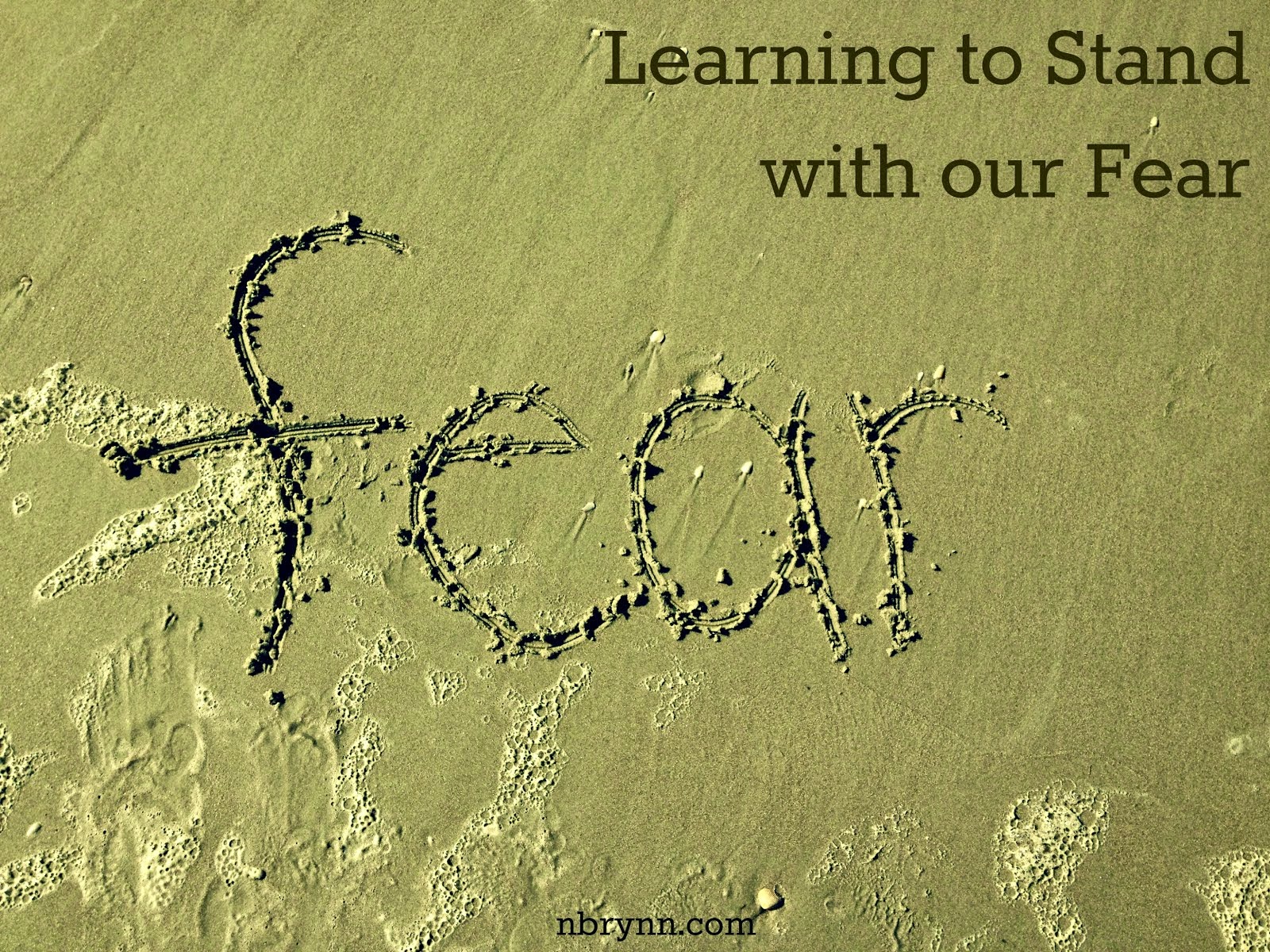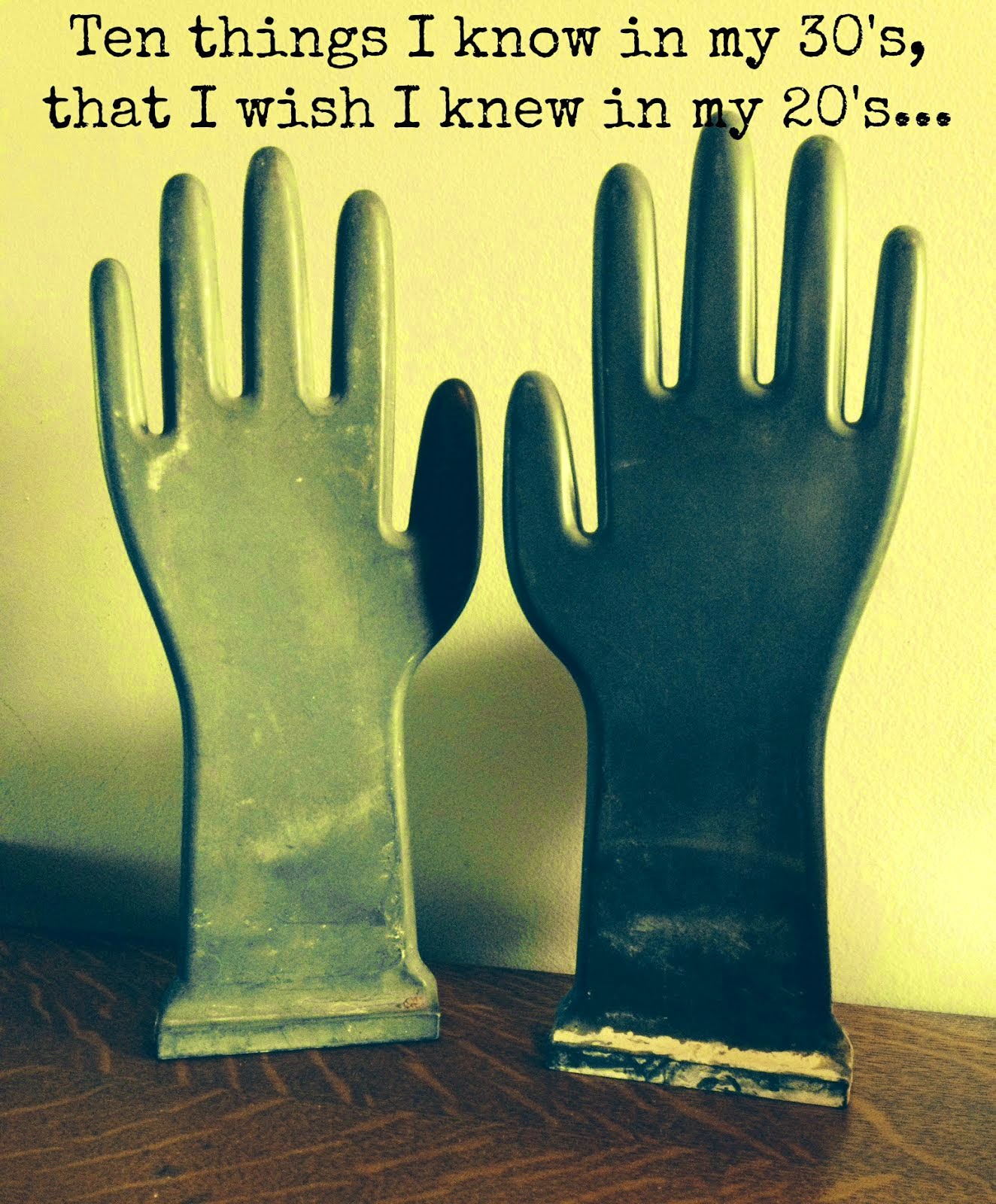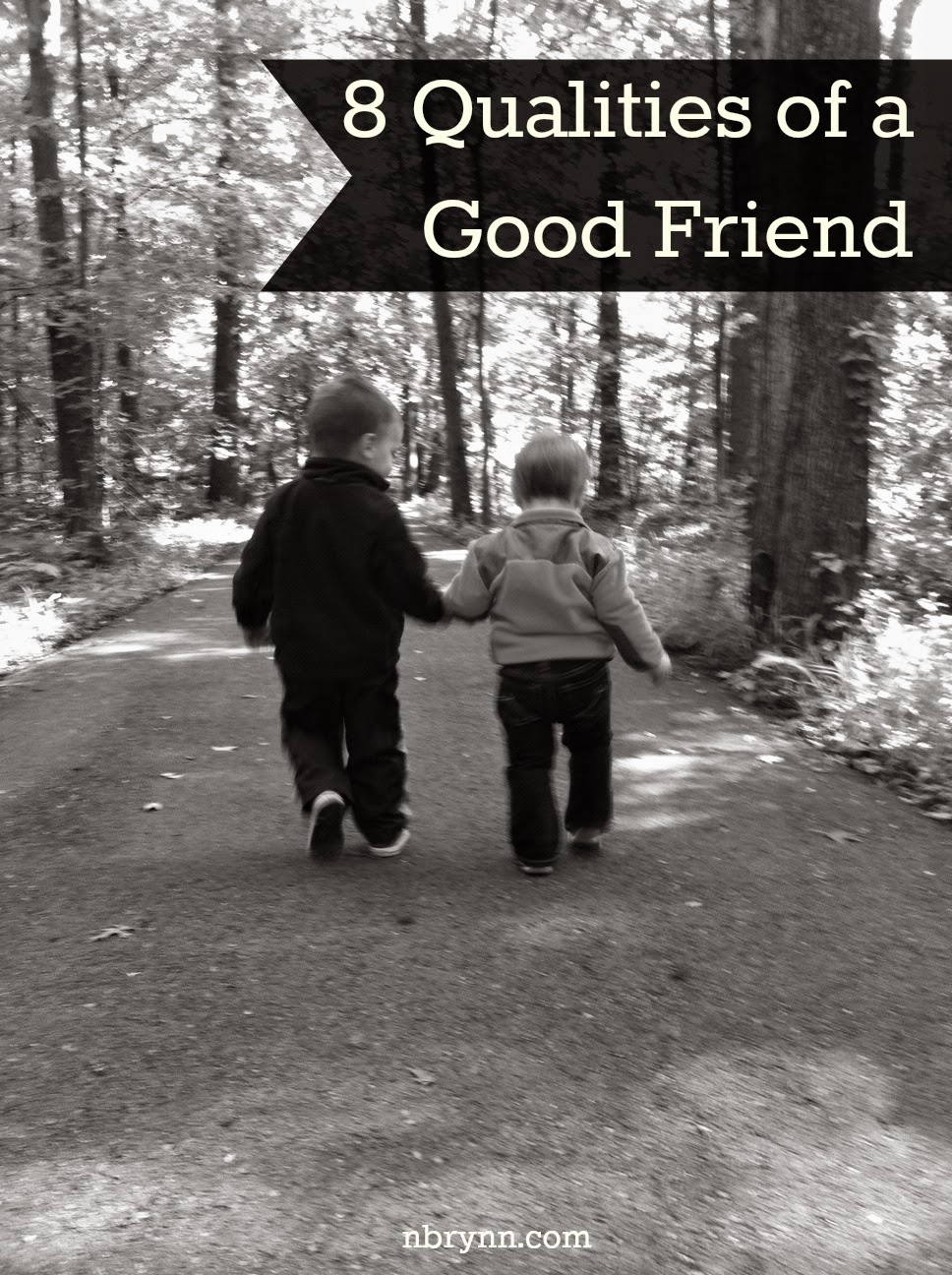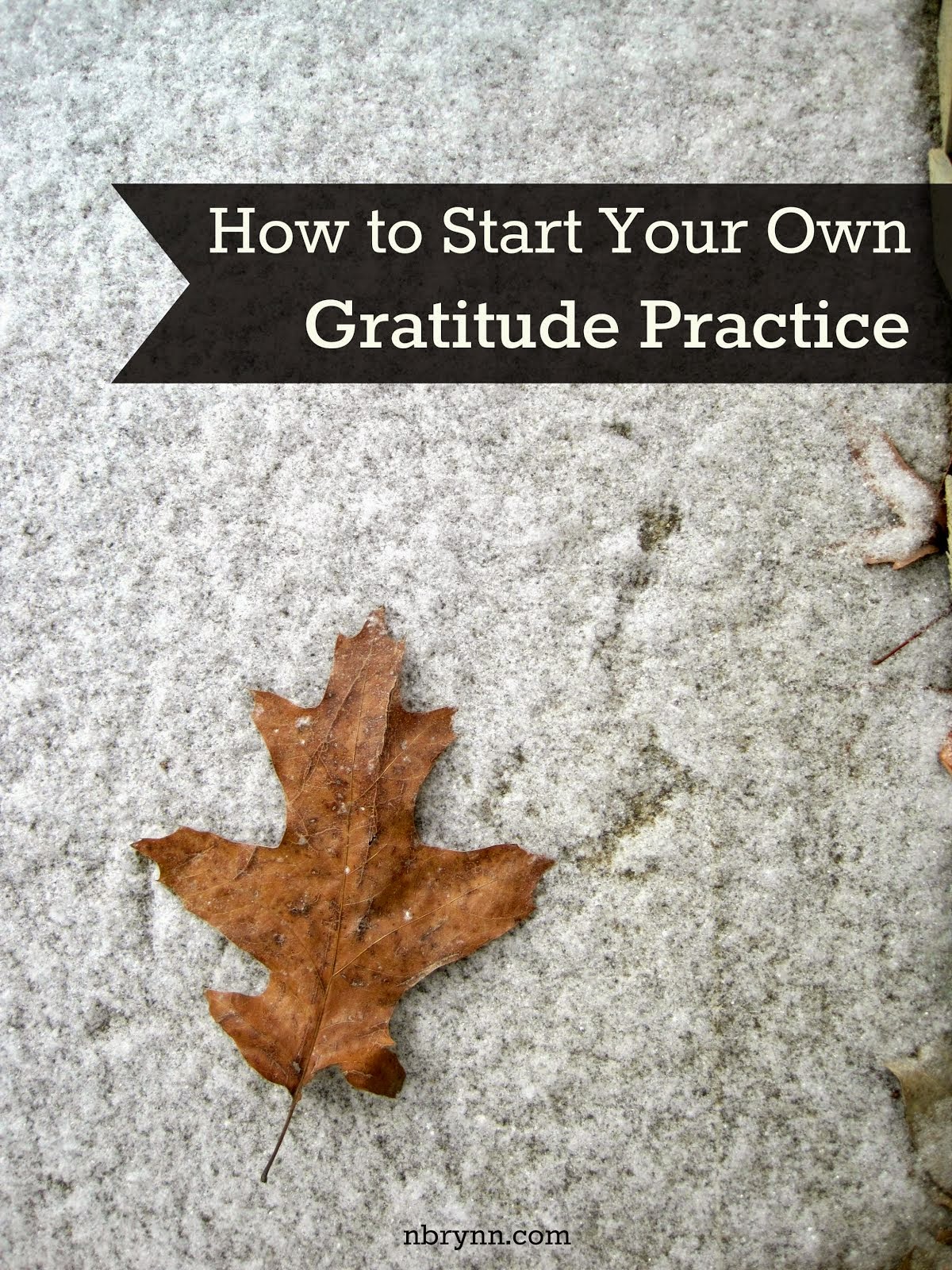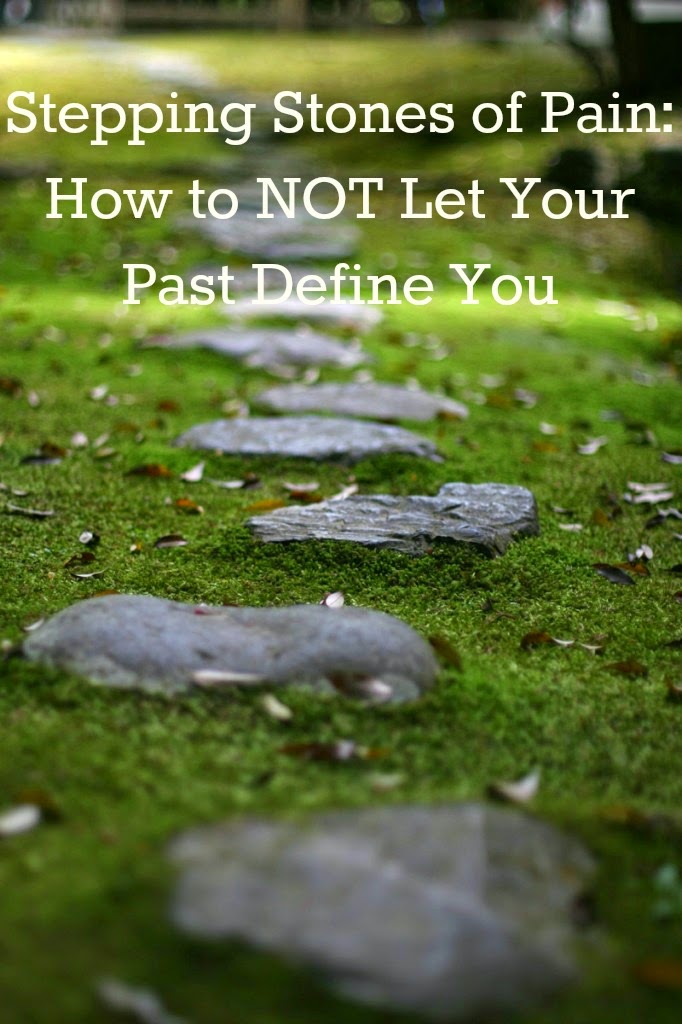 It is hard not to come back to this place in my journey,
over and over again. Like a well-worn footpath leading to some beloved sight in
the woods, I have walked Memory Lane more times than I can count, arriving
again at the season in my life when church stopped being a building, when
Christians met the rest of humanity in their ability to disappoint and wound
and completely abandon. Back to the season when stepping foot inside the
sanctuary that had once brought me such life and belonging and hope, now brought
me deep pain and aloneness and an overwhelming sense of all things lost. Back
to the day I realized that all the answers I had worked so hard to learn, all
the verses I had memorized and all the prayers I had prayed, held no weight
against the mysteries and injustices of the world.
It is hard not to come back to this place in my journey,
over and over again. Like a well-worn footpath leading to some beloved sight in
the woods, I have walked Memory Lane more times than I can count, arriving
again at the season in my life when church stopped being a building, when
Christians met the rest of humanity in their ability to disappoint and wound
and completely abandon. Back to the season when stepping foot inside the
sanctuary that had once brought me such life and belonging and hope, now brought
me deep pain and aloneness and an overwhelming sense of all things lost. Back
to the day I realized that all the answers I had worked so hard to learn, all
the verses I had memorized and all the prayers I had prayed, held no weight
against the mysteries and injustices of the world.
Before that season I scoffed with the best of them at church
members that did not seem to offer enough of their heart or time to church
activities, judged those with dissenting views and dared to vow that I would
never be a “backslider” myself. My life revolved around being the best
Christian I could be by fitting as neatly inside the tiny box that image had created.
All I could think of was doom, disaster, deep sin that would keep someone out
of the light and righteousness of our church community. It never crossed my
mind that one day I would count it a great blessing to be standing outside
amongst them.
~Barbara Taylor Brown, Leaving Church
It would be years between the walking away and the opening
of hands in my case. Perhaps because the decision was so reactionary, so survival-oriented,
I could not think about opening up and growing again. I could not comprehend
wholeness outside of the church, peace and joy without all the certainties. I
sensed for a season that my spirit was dead, if it were ever alive at all. I
struggled with dark thoughts and sadness, some days yearning for the comfort of
what was, knowing it could never be again. It would be years of closing down, letting
the dying things die, before my soul could fathom of flowering again.
And then, years after walking away, I found myself loosening
my grip and letting the crumbled parts start to fall. I found myself waking up and
seeing life as if for the first time, finally able to articulate some of those
soul urgings from years past and owning the blessing of the new place they lead
me to. I found in that place wells of hope and joy and wholeness that I had
never, even in those days of constant church attendance and such certainties, ever
experienced before.
I found – and am finding - a Deity big enough for all the
questions and all the mysteries. I found the thrill of the finding, the
unfolding, the questions dwelling in a beautiful place of unknowing. I found
the seed of the divine inside myself, parched from all those years of guilt and
shame, of rules and answers, of right ways and exhausting effort, finally
flourishing in freedom. Returning to that true place of goodness and creativity
and love. In walking away, I found life.


